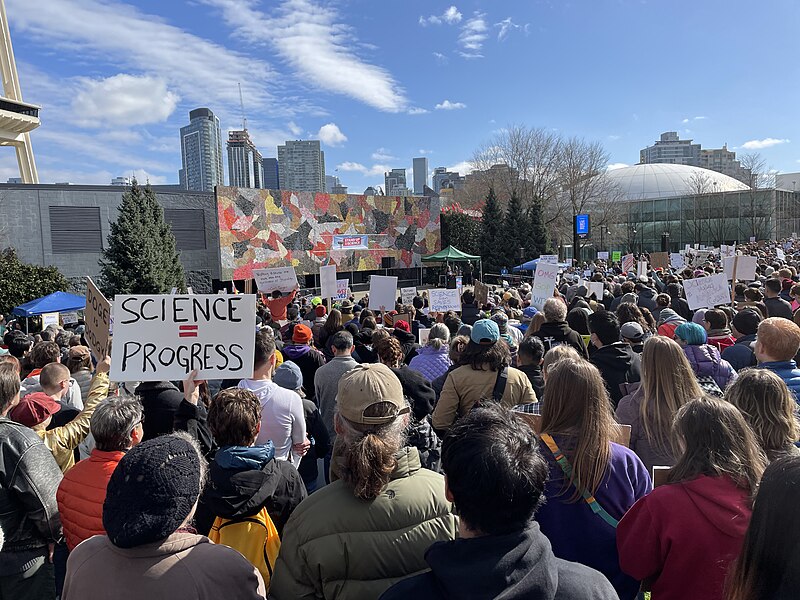Emergency contraception, like Plan B, can prevent pregnancy if taken within 72 hours of having unprotected sex. It has been available without a prescription for people above 18 since 2006, and it’s been available to people of all ages without an ID since 2013. But in some pharmacies, emergency contraception is still kept behind the counter, which can be a major hurdle for anyone who feels awkward or anxious about purchasing the pill. The barriers to access are even higher for people who live in a place where pharmacists can refuse access to emergency contraception as they see fit. For students on isolated college campuses, distance is an additional hurdle, which is why an engineer at Stanford University helped develop a high-tech vending machine that allows students to confidentially get access to emergency contraception (and condoms) at any hour of the day. With the installation of the contraception-selling vending machine, a national conversation has sparked about normalizing emergency contraception to make it more readily accessible. Since the machine’s debut in 2017, many universities around America have installed or have plans to install these vending machines.

Universities are installing vending machines that offer emergency contraception
More of Today's Solutions
How London’s ultra-low emission zone is successfully cleaning up the air
BY THE OPTIMIST DAILY EDITORIAL TEAM London's expanded Ultra-Low Emission Zone (ULEZ) is delivering remarkable results in the battle against air pollution. According to ...
Read MoreUnraveling the layers and complexity of the great force of hate
BY THE OPTIMIST DAILY EDITORIAL TEAM Hate—what a loaded term, full of tremendous emotions and complicated connotations. But have you ever paused to consider ...
Read MoreThis novel drug instructs drug-resistant malaria to self-destruct
Drug-resistant pathogens have been a growing concern in this world for the past few decades. Thankfully, scientists are coming up with innovative solutions to ...
Read MoreHow citizen scientists are driving tangible change in Australia
Citizen science has evolved as a formidable force in conservation, propelled by regular people's passion and dedication to conserving our planet's irreplaceable ecosystems. Citizen ...
Read More









